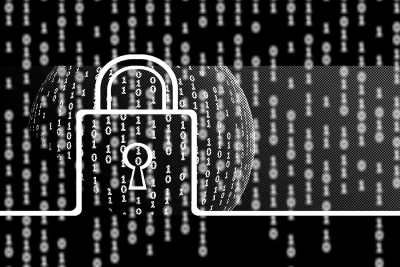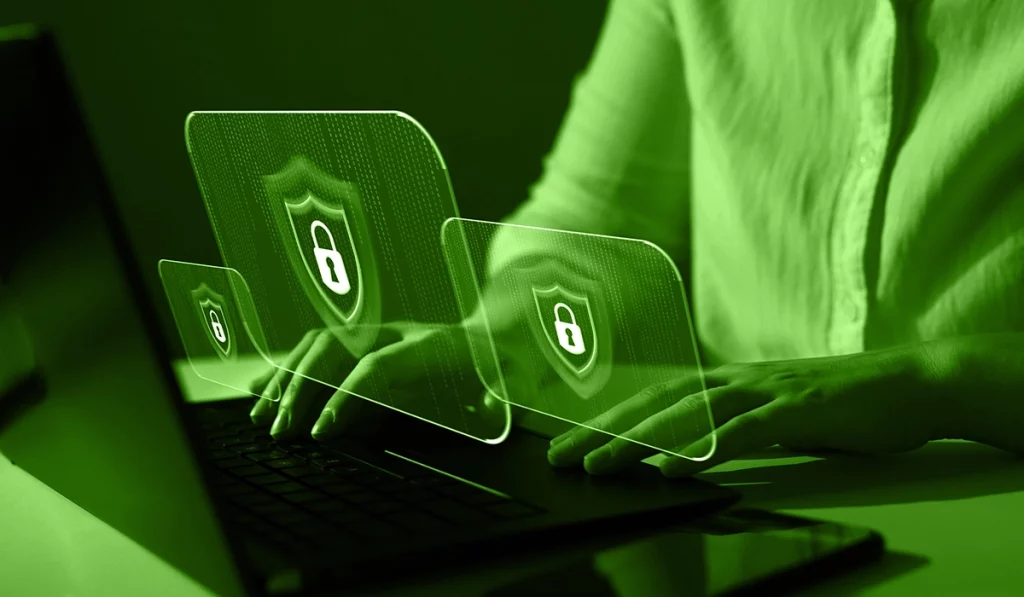Data encryption is at the heart of all cybersecurity at both a personal and a corporate level. Encryption is a robust way of ensuring sensitive data is safe. The weakness, however, lies in authentication for access.
Let’s talk about that weak link for a moment.
What Is Multi-Factor Authentication (MFA)?
To increase the encryption and decryption process’s strength, your data security system must use multi-factor authentication (MFA).
Multi-factor authentication is an authentication and access control method that requires users to provide two or more credentials to verify that they are authorized to access secure files.
How Does MFA work?
Multi-factor authentication is a critical component of identity and access management. It requires a user to input, apart from their username and password, additional verification, such as a one-time pin/code.
The MFA methodology is usually based on one of three verification methods:
- Knowledge. The things you know or information you have access to, such as a password or PIN.
- Possession. Physical possessions like an access card or smartphone.
- Inherence. This includes biometrics like fingerprints or voice/face recognition.
The purpose of MFA is to increase security and decrease hackers’ chances of gaining access to your data.
What Is Encryption Key Management?
Encryption key management is another critical component of cybersecurity that works in tandem with MFA.
What is encryption key management?

Encryption key management is the administration of the full lifecycle of cryptographic keys. This includes the generation, use, storage, archiving, and deletion of keys.
If a security key were to fall into the wrong hands, your entire organization’s security would be compromised.
Protection of encryption keys includes limiting access to them, both physically and logically, and it necessitates restricting user/role access.
The Importance of MFA and Encryption Key Management
The whole point of cybersecurity is to prevent unauthorized access and misuse of data. MFA helps in achieving this by helping ensure that only authorized persons can handle your sensitive data.
Encryption key management is also essential, in that expired and mismanaged keys create a breach through which hackers can access your system or data.
These two security measures are critical for every industry. As an example, to get a clearer picture of the importance of MFA and encryption key management, let’s look at how they benefit the healthcare industry.
Benefits for the Healthcare Industry
- Prevents automated cyberattacks. A report by Microsoft showed that MFA can block up to 99.9% of automated cyberattacks.
- Reduces the heavy reliance on passwords. Passwords alone are an insecure form of security, as they’re easily hackable.
- Ensures compliance. Data security plays a huge role in complying with regulations like HIPAA, PCI DSS, Sarbanes-Oxley, and GDPR.
- Enhanced trust. People want to know that the healthcare provider they’re trusting with their physical wellbeing takes high-level precautions to safeguard their personal and confidential data. MFA and encryption key management help you earn your patients’ trust.
Combining multi-factor authentication with encryption key management is the perfect way to keep your data secure. This is because they provide access control, key rotation, and other automated key lifecycle management processes.
Secure Your Data with Ciphertex® Products
With cybersecurity a big factor in every organization, you must make sure to get the best data security solutions. That’s what you get with Ciphertex Data Security® products. Whether your data is at rest or in transit, you’ll have the peace of mind of knowing it’s secure.
So, check out our products or give us a call at 818-773-8989. We’re more than happy to help you select the best data encryption and cybersecurity solutions for your organization.
Sources:
